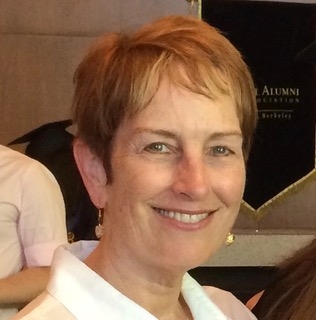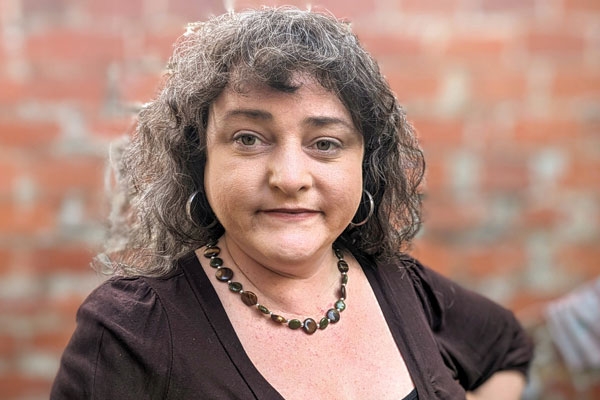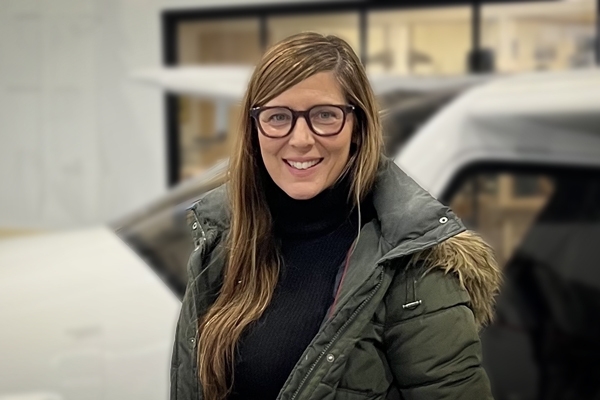“A culture that doesn't care about editing is a culture that doesn't care about writing. And that has to be bad.” —author Blake Morrison
Many writers dream of one day being published. Not many people aspire to call themselves an editor. Yet editing is a competitive field, and the skills required to be a successful editor are very similar to those needed to be a respected writer.
According to the Bureau of Labor Statistics, “A bachelor’s degree in communications, journalism or English combined with previous writing and proofreading experience” are typical requirements to get started in the editing field. But professional-level proofreading opportunities aren’t easy to come by. Writing students serious about gaining editing experience need to embrace opportunities when they find them. This is exactly what Post-Baccalaureate Certificate Program in Writing student Elizabeth Sundstrom did when UC Berkeley Extension began producing the student-created literary journal, Ursa Minor. By day, Sundstrom is an executive assistant in the Office of the Vice Chancellor for Undergraduate Education at UC Berkeley; by night, she is helping even more students achieve their goals, this time at Extension.

At first glance, it might seem counterintuitive that “the writer Sundstrom” would volunteer to be an editor for Ursa Minor—not once, but twice—rather than submitting her own work. But Sundstrom does have her writing goals in mind.
“Working as an editor on Ursa Minor is like being part of an interview committee,” Sundstrom points out. “I read authors' work with a publisher’s viewpoint. It’s valuable experience because it helps me step back from my own work at a certain point and consider the reader’s viewpoint, which is very hard to do when I’m deeply attached to what I’ve written. It’s also humbling because I get to work with writers who are eager to make their pieces as good as possible and sometimes that means rewrites and edits they hadn’t anticipated. Watching others go through that process helps me grow as well.
“I was certain my writing wasn't publishable yet but that working with instructors and students whose writing skills were far ahead of my own would help me become a better critic of my own efforts,” she continues. “Being an editor on the publication is a unique opportunity that would not be available to me were I not in this program.”
Having worked on Ursa Minor, Sundstrom now knows the ins and outs of publishing. From editorial planning in the fall to publication in the spring, she has to keep up with the publication’s deadlines, giving her personal insight for when she is ready to submit her own work.
“In the beginning of the process, teams are formed to work on fiction, nonfiction, art and poetry,” Sundstrom outlines. “Lead editors are then selected, and timelines are discussed. We work closely with the Writing certificate instructors, all of whom are published authors and who have much to teach us about this process. After the new year begins, teams meet every two weeks to discuss submissions that were received and to begin the editing process with authors.”
On Editing:
"We look for writing that has staying power. We’ve all read books that stick in our imagination and memory long after we’ve finished the last page."
Reviewing the submissions and deciding what makes the cut adds to Sundstrom’s “work experience.” An editor’s job is to recognize writing talent, to decide which of that talent makes the most interesting work to read, and to interact with the authors in a way that is productive for everyone involved. So what makes a good writing piece “great”?
“A piece needs to capture and hold readers’ attention,” Sundstrom replies. “It needs to have an arc, suspense, surprise. Language and style are important.” But making a lasting impression is also very important: “Does the piece reflect something unique about the writer’s view of the world? We look for writing that has staying power. We’ve all read books that stick in our imagination and memory long after we’ve finished the last page.”



